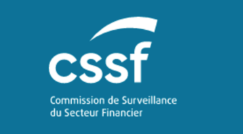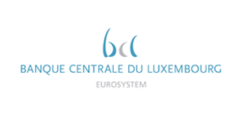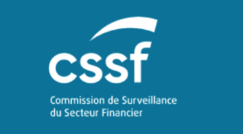Luxembourg is textbook example in World Bank anti-money laundering document
On the front line in the fight against money laundering and terrorist financing, compliance officers at banks and other financial institutions are inundated with documents containing recommendations on the subject. The literature for financial sector supervisors, however, is somewhat more scarce.
This summer, the World Bank published a practical manual for bank regulators. The authors cited Luxembourg as an example of how to publish administrative sanctions in the handbook. The World Bank examined the €4.6m administrative fine imposed by the Luxembourg Financial Sector Supervisory Commission (CSSF) on Banque Internationale à Luxembourg on 16 March 2020.
Based on the press release issued by the CSSF at the time, the World Bank observed that the fine followed two inspections conducted by the CSSF in 2017 and 2018. These had identified certain weaknesses in the bank’s supervisory process with regard to the supervision of a limited segment of its clientele whose inherent risk was considered high. The World Bank explained that the amount of the fine imposed was proportional to BIL’s turnover and that it had reacted quickly to remedy the weaknesses identified.
A deterrent effect
The World Bank cited the Luxembourg example to illustrate the practice of publishing administrative sanctions for breaches of anti-money laundering rules by financial institutions. This practice is more commonly known as the ‘name and shame’ principle and remains far from unanimous among banking supervision stakeholders. In this respect, the World Bank pointed out that neither of the two reference documents on the subject, neither the Financial Action Task Force recommendations, nor the Basel Core Principles on Banking Supervision, oblige regulators to make sanctions public.
In general, the FATF encourages national banking regulators to publish the results of their supervisory actions and to provide details of the failures identified in the supervised entities. This practice should enable individual banking institutions to take note of the consequences of breaches of anti-money laundering legislation. According to the FATF, disseminating supervisory sanctions contributes to transparency in law enforcement.
In addition to the intended deterrent effect, the World Bank pointed out that disclosing the name of a sanctioned financial institution strengthens international supervision. In this way, regulators in other jurisdictions where the bank concerned is active may also decide to carry out inspections of their own. If the parent company of a banking group is not in compliance, “there are reasonable grounds to believe that its subsidiaries and branches abroad” are not in compliance either.
European legislation has ruled
Conversely, the World Bank’s handbook noted a series of cases where regulators may be reluctant to publish their administrative sanctions. “Doing so can tarnish the reputation of the institution or, indeed, the sector as a whole and thus undermine public and investor confidence in the jurisdic- tion’s financial system.” Indeed, the authors note that authorities may be reluctant to publicly disclose the names of sanctioned entities in countries where the financial sector has been weakened by a financial crisis.
The risk for sanctioned entities also lies in their ability to refinance themselves. With a tainted reputation, their access to the interbank market could become more difficult, if not impossible. Foreign banks might decide to end their correspondent banking relationship with them. This could be seen as a double whammy for established banking institutions.
The debate about whether or not sanctions should be published, on the other hand, is no longer relevant in Europe. Since 2015, a European Parliament directive requires that administrative measures for violations of anti-money laundering rules be published by regulators on their websites immediately after the sanctioned entity has been informed. The publication must contain at least information on the type and nature of the breaches and the identity of the entity concerned. As soon as it is published, the administrative sanction is final.
The practice of ‘name and shame’ is thus enshrined in European legislation. But it is not only financial institutions that can be caught. Supervisory authorities and states can also be singled out, particularly following inspections by the FATF.






















































First, please LoginComment After ~